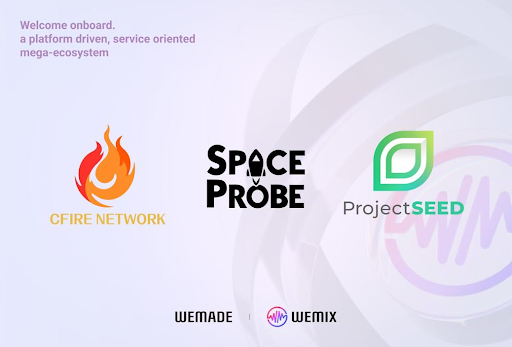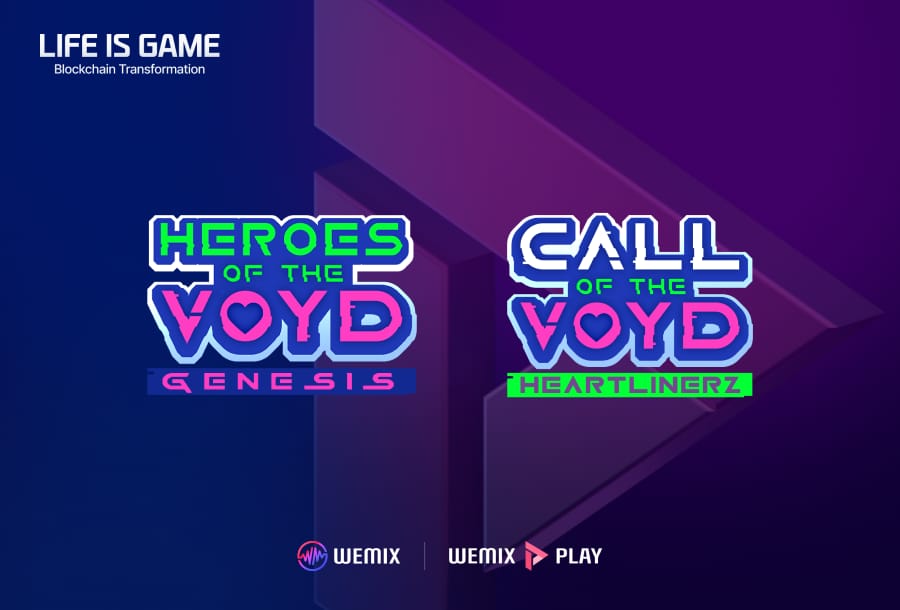The Spanish bank BBVA, in collaboration with Visa, plans to launch its own stablecoin by 2025.
Currently in the sandbox phase, the project aims to enter the operational phase next year, integrating into the blockchain ecosystem for secure digital transactions. Let’s see all the details below.
Collaboration between the bank BBVA and Visa for a fiat-backed stablecoin on blockchain
The second largest bank in Spain, BBVA, has announced its ambitious plan to launch a stablecoin by 2025, in collaboration with Visa.
This project, currently in the sandbox phase, is part of a broader Visa strategy aimed at strengthening its presence in the blockchain ecosystem and providing innovative solutions for digital payments.
The project is part of a Visa initiative aimed at helping financial institutions issue fiat-backed digital tokens on the Ethereum blockchain.
This collaboration between BBVA and Visa represents a significant step for the evolution of the banking sector towards deeper digitalization, integrating blockchain solutions to make payments more efficient and secure.
BBVA is currently working in the sandbox phase, a preliminary phase in which innovative technologies are tested in a controlled environment. This allows the bank to experiment and evaluate the effectiveness of the stablecoin before moving on to the next phase.
Next year, the project should enter the prototypal and operational phase, with the goal of making the stablecoin available to the public in 2025.
We remind you that stablecoins are cryptocurrencies whose value is pegged to a stable asset, such as fiat money, in order to reduce the volatility typical of other cryptocurrencies.
The use of a stablecoin offers several advantages, including greater stability compared to traditional cryptocurrencies and the ability to leverage the security and efficiency of blockchain technology for transactions.
The BBVA project aims to use this stablecoin for the settlement of trades, providing its clients with an innovative tool to manage payments and transfers quickly, securely, and without high costs.
This will allow the bank to compete more effectively in a financial market that is rapidly shifting towards digital and decentralized solutions.
The role of Visa in digital transformation
As mentioned, Visa is playing a fundamental role in the project mentioned above.
The company has already shown a growing interest in the integration of cryptocurrencies and blockchain solutions into its global payment network.
The initiative by Visa involving BBVA is not only an opportunity for the Spanish bank to expand its digital capabilities, but also a strategic step for Visa in strengthening its position in the cryptocurrency and blockchain sectors.
Furthermore, Visa is developing tools to support banks in managing stablecoins. Thus facilitating the issuance and regulation of these digital assets in compliance with regulations.
This approach aims to make stablecoin an accessible and secure solution for traditional banks, offering their clients a stable and guaranteed way to conduct transactions in the digital world.
The challenges and opportunities for BBVA
The launch of a stablecoin represents a unique opportunity for BBVA to stand out in the global banking landscape. However, there are also numerous challenges to face, especially in terms of regolamentazione and security.
The adoption of blockchain by traditional banks is still a relatively new territory. Ensuring that the stablecoin complies with international regulations and security requirements will be crucial for the success of the project.
The partnership with Visa offers BBVA a great competitive advantage.
Visa, with its vast experience in managing digital payments on a global scale, can provide the expertise. Additionally, it can provide the necessary resources to tackle the technological and regulatory challenges associated with the creation of a stablecoin.







